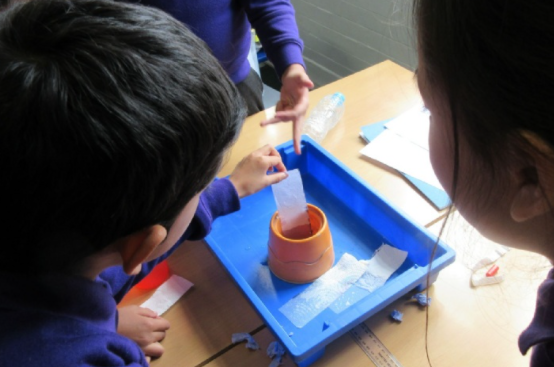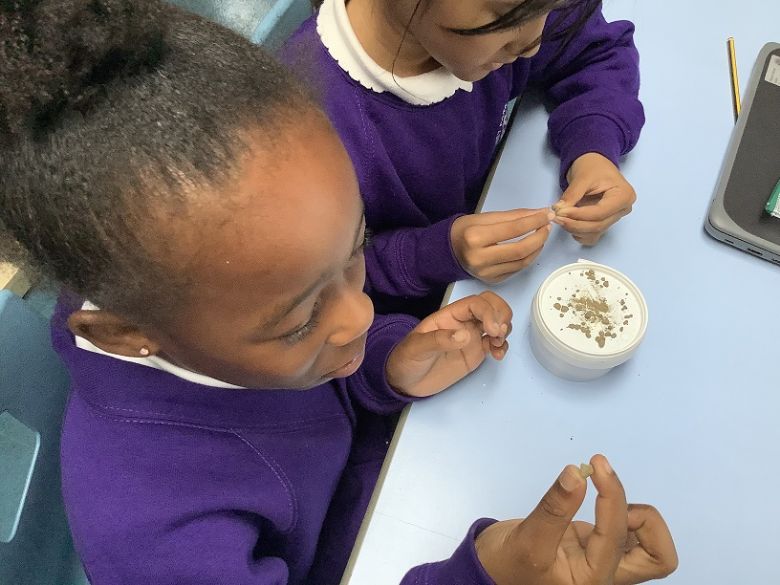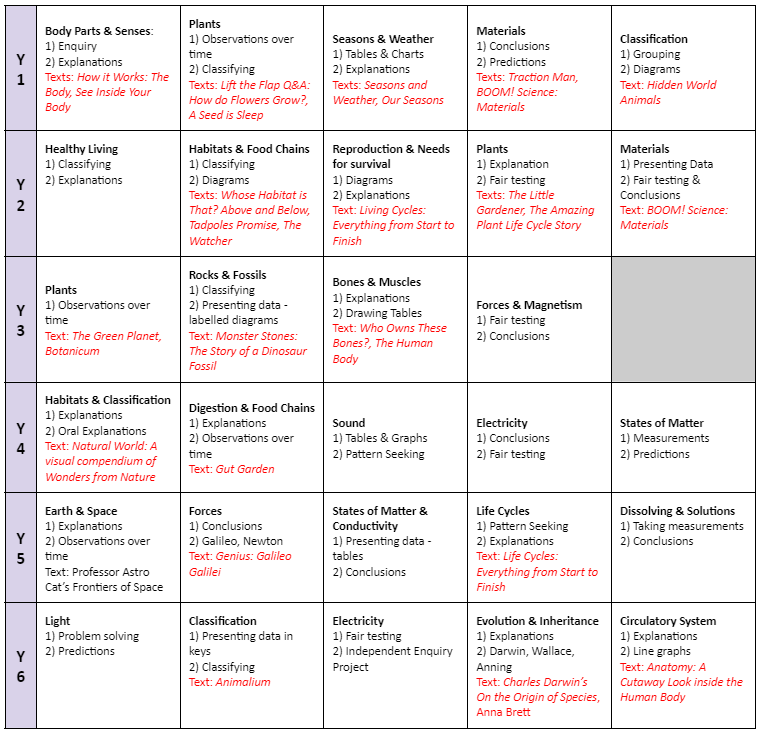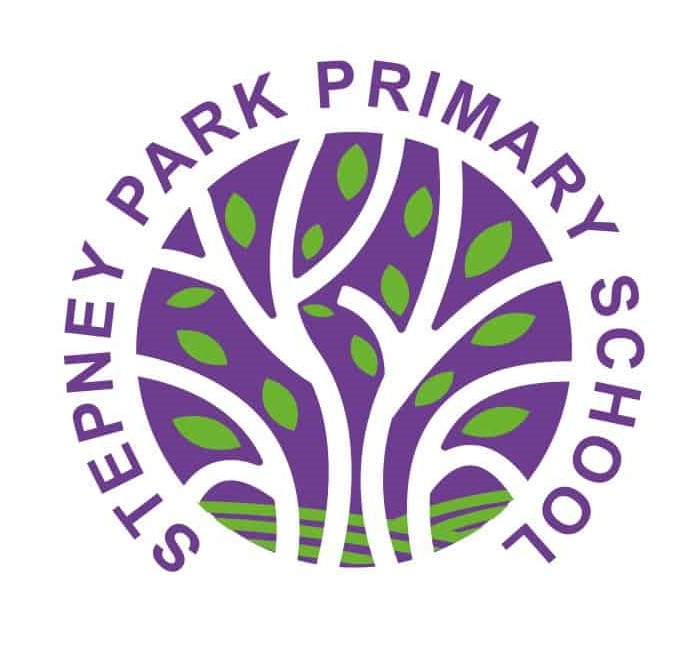Science
Science Aims
In science, our curriculum has two main aims. Firstly, we aim to give children an understanding of a wide variety of scientific concepts and vocabulary so that they can understand the world around them scientifically. Our second aim is to develop children's skills in applying the scientific method: children learn to conduct a range of enquiries, take measurements accurately, present data, make predictions and draw conclusions from evidence. In addition, children learn about significant scientists, the discoveries they made and how they influenced the world we live in. Taken together, we believe success in these aims will enable children to answer scientific questions about the world around them and excite them about the future of science and discovery.
Our Science Curriculum
In early years, children develop an understanding of specific scientific concepts and vocabulary to ensure they are ready for year 1. This includes learning about different living things, the seasons and weather and different materials as well as using various pieces of scientific equipment (e.g. magnifying glasses, scales, thermometers and timers). In key stage 1, our science curriculum focuses on the human body, classifying animals, plants and materials. In key stage 2, our science curriculum widens, building on learning from key stage 1 and introducing other areas of science such as rocks, electricity, light and sound and evolution.

Across key stages 1 and 2, each year group has 5 units of work in science, each of which is covered twice in the year: classes cycle through the units before starting again at the beginning of the cycle. We have structured our science curriculum in this way to help support children in remembering what they are learning for longer by allowing time to revisit previously learnt material. We have also worked hard to organise our curriculum so that children develop both their scientific knowledge and scientific investigation skills at the same time. As such, each of our units of work outlines not only the scientific facts and concepts that children should learn, but also the particular scientific skills that they will practise repeatedly to develop. This means that the two occasions that children study a given unit of work are not identical. For example, as you can see in the overview below, when year 3 study plants for the first time they focus on observations over time, which on the second occasion they focus on making predictions.
Our science curriculum also offers significant opportunities to develop children's wider reading. We have invested heavily in non-fiction books for children to read in science. These texts, which are mapped against our units of work in the overview below, provide an engaging way to approach science; offer a richness of scientific knowledge and understanding and promote children's reading skills by giving them an even broader range of books to read.
Science Teaching
In early years, children’s science learning is part of their development in knowledge and understanding of the world. As such, they benefit from a range of types of activities throughout the year, including in our school forest as well as the classroom. Adults use both planned and unplanned opportunities to allow children to explore scientific concepts and learn scientific words.

In key stages 1 and 2, children generally have 2 hours of science a week, which is often divided into 2 separate lessons. Children will learn knowledge about a specific scientific topic with a clear focus on the key facts and concepts alongside an investigation skill. This clear focus allows children the chance to practice a skill multiple times so they can learn it successfully. Both the scientific topic and investigation skills are carefully spaced across the key stages to ensure skills are developed and key facts are remembered. The overview of what your child is learning and when they are learning it is available below. Each topic is taught for approximately 3 weeks and then revisited again at a later stage within the academic year. This is to allow children to review the facts they have learnt and deepen their understanding of the scientific concept.
Science Overview


